France’s legacy with fiascos at Olympics started with Paris 1900
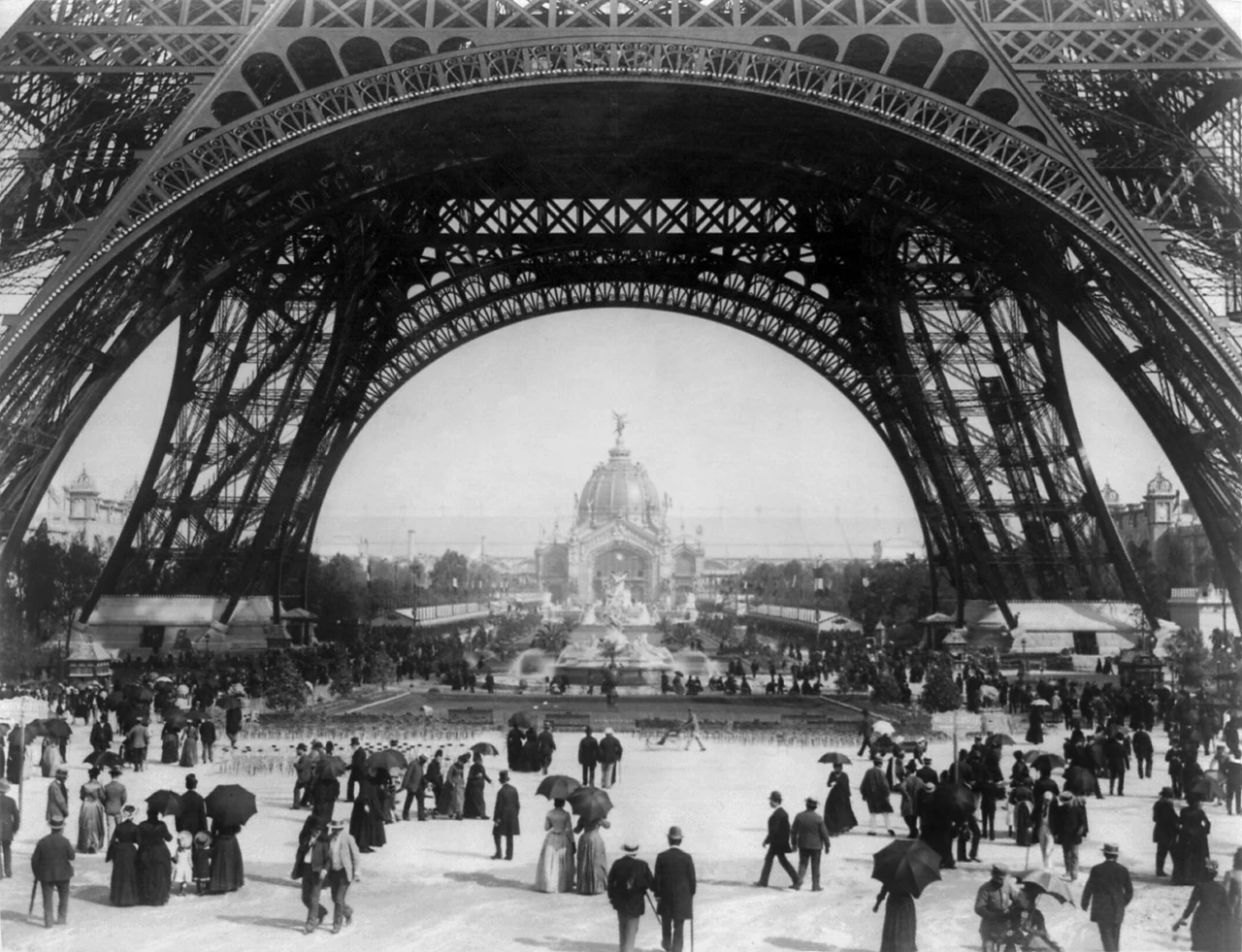 Paris Exposition, view from ground level of the Eiffel Tower with Parisians promenading, France, 1899. (Photo from the Tissandier Collection at the U.S. Library of Congress)
Paris Exposition, view from ground level of the Eiffel Tower with Parisians promenading, France, 1899. (Photo from the Tissandier Collection at the U.S. Library of Congress)
The Olympic Games represent a prestigious global event, symbolizing the spirit of unity through sports.
However, the journey of the modern Olympics has been anything but smooth.
This is particularly evident when looking at Paris, a city that has hosted the Games multiple times with varying degrees of success.
The 1900 Paris Olympics, the second modern Olympiad, are often remembered for their chaotic organization, while the 2024 Games, though more advanced, have faced their own set of challenges.
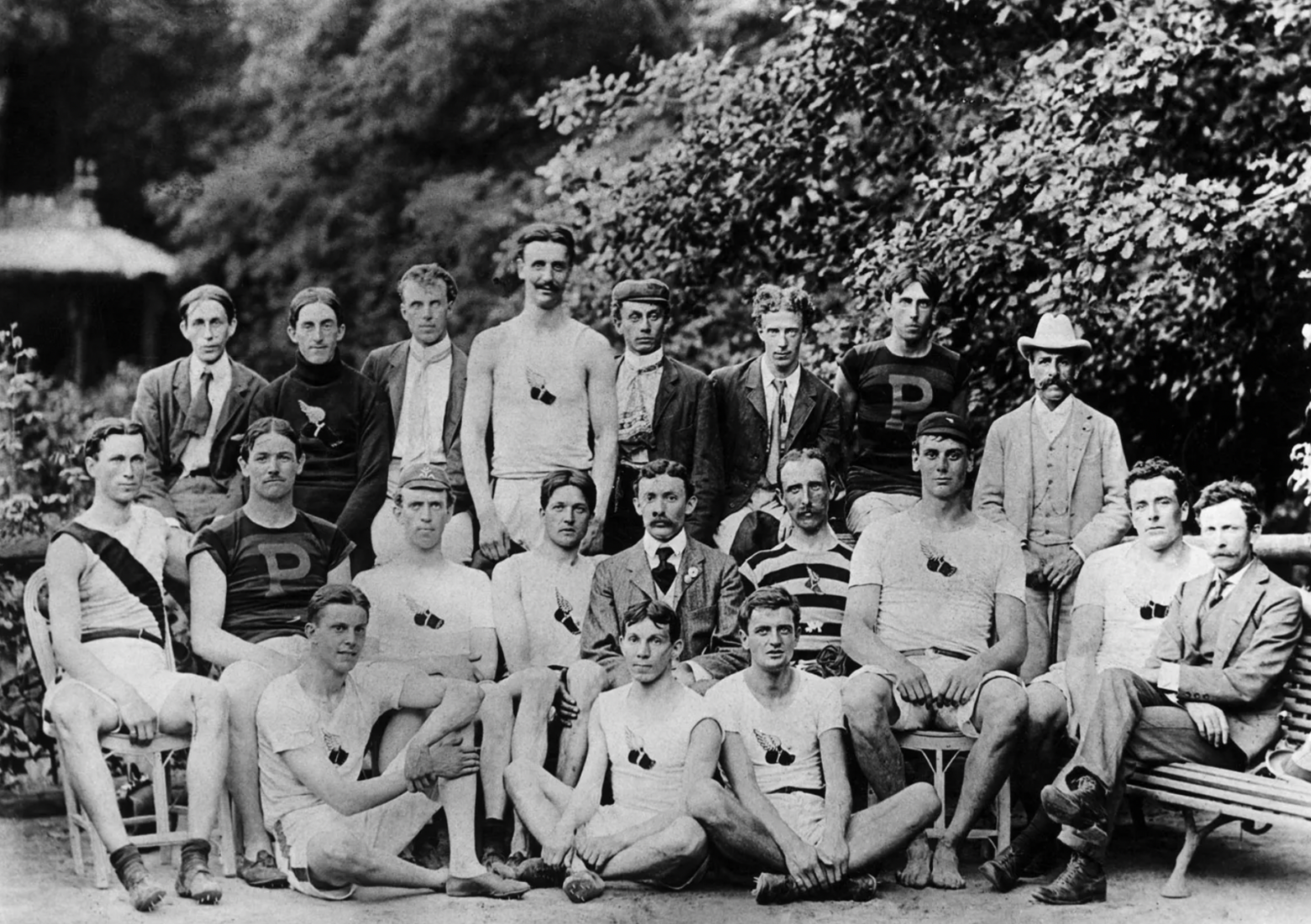
1900 Paris almost erased Olympic identity
The 1900 Paris Olympics, held concurrently with the World’s Fair, were intended to be a grand showcase of both technological advancements and athletic prowess.
Paris was chosen over Athens despite Greece’s historical claim to the Games. Paris was selected because of its hosting of the World’s Fair and the geopolitical instability in Greece.
However, the decision led to a poorly managed spectacle that almost derailed the Olympic movement.
One of the most glaring issues was the absence of the Olympic identity. The word “Olympic” did not appear on any event programs, leaving many spectators and participants unaware that they were part of the Games.
The French government’s decision to merge the Olympics with the World’s Fair diluted the event’s significance. Pierre de Coubertin, the founder of the modern Olympics, later lamented, “It’s a miracle the Olympic movement survived these Games.”
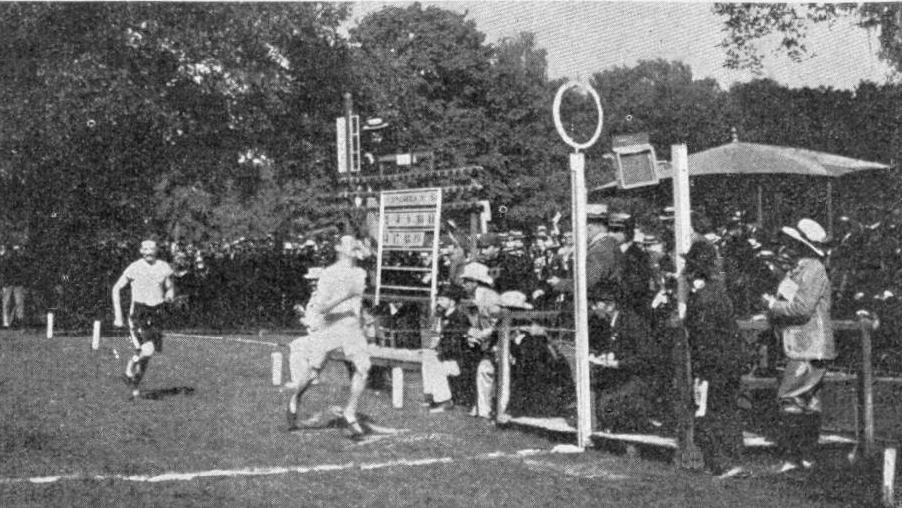
Paris 1900s unconventional, inadequate venues
The choice of venues for the events further added to the chaos. Events were held in unusual locations, such as the cutlery section of the World’s Fair for fencing and the Seine River for swimming.
The Seine, known for its strong currents and pollution, was hardly an ideal location for aquatic events. Athletes had to navigate through boats and deal with murky water conditions.
Track and field events were held on an uneven grassy field in the Bois de Boulogne, where athletes had to dig their own pits for jumping events.
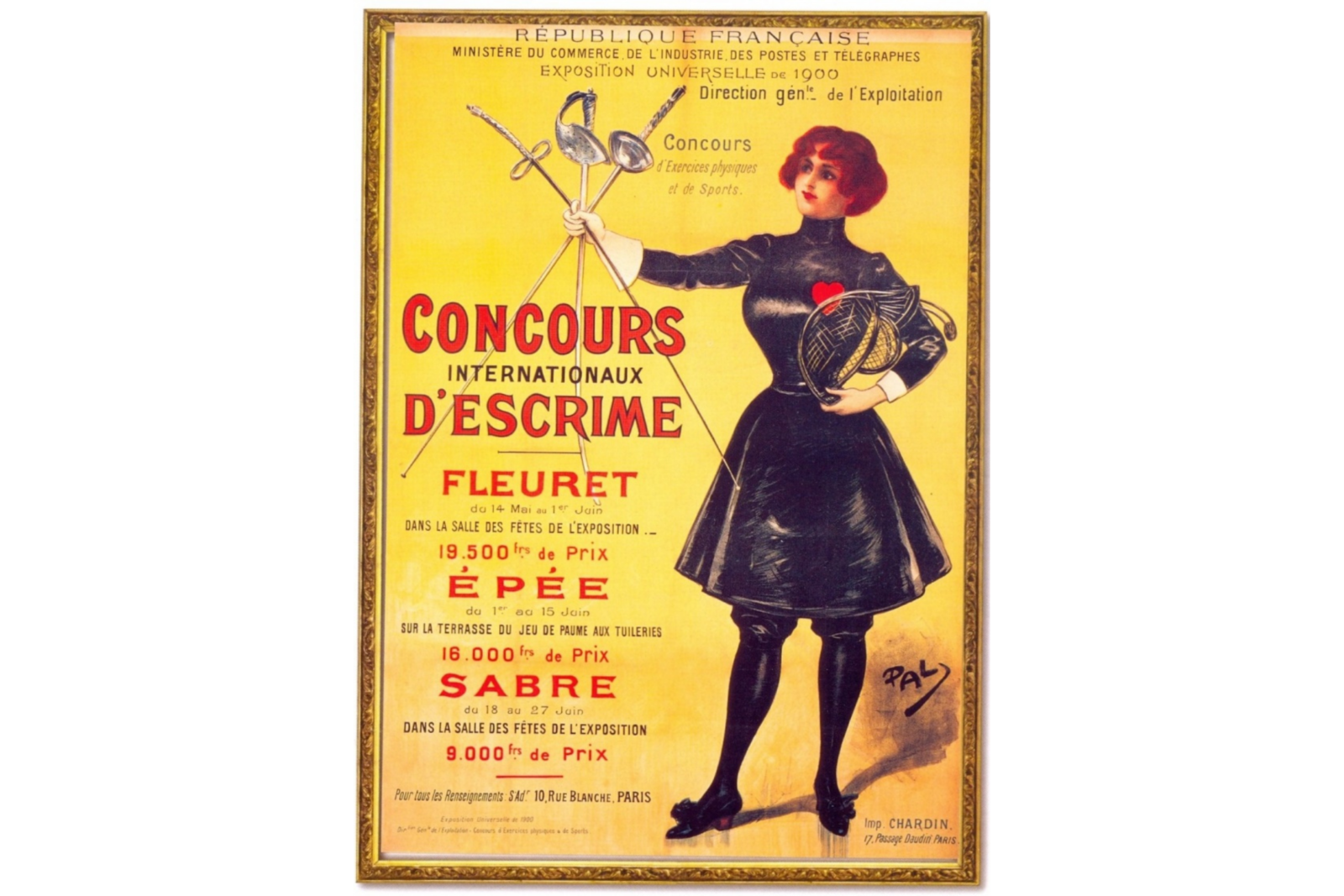
Paris 1900 Olympic champions received confusing awards
The confusion extended to the awarding of prizes. Winners received cups and trophies instead of medals, leading to ambiguity about their Olympic status. Many athletes did not realize they had competed in the Olympics until years later.
The French government’s takeover of the International Olympic Committee (IOC) resulted in disorganized events, with no clear structure or schedule.
Spectators were often unaware they were watching Olympic events, and athletes were similarly confused about the nature of their participation.
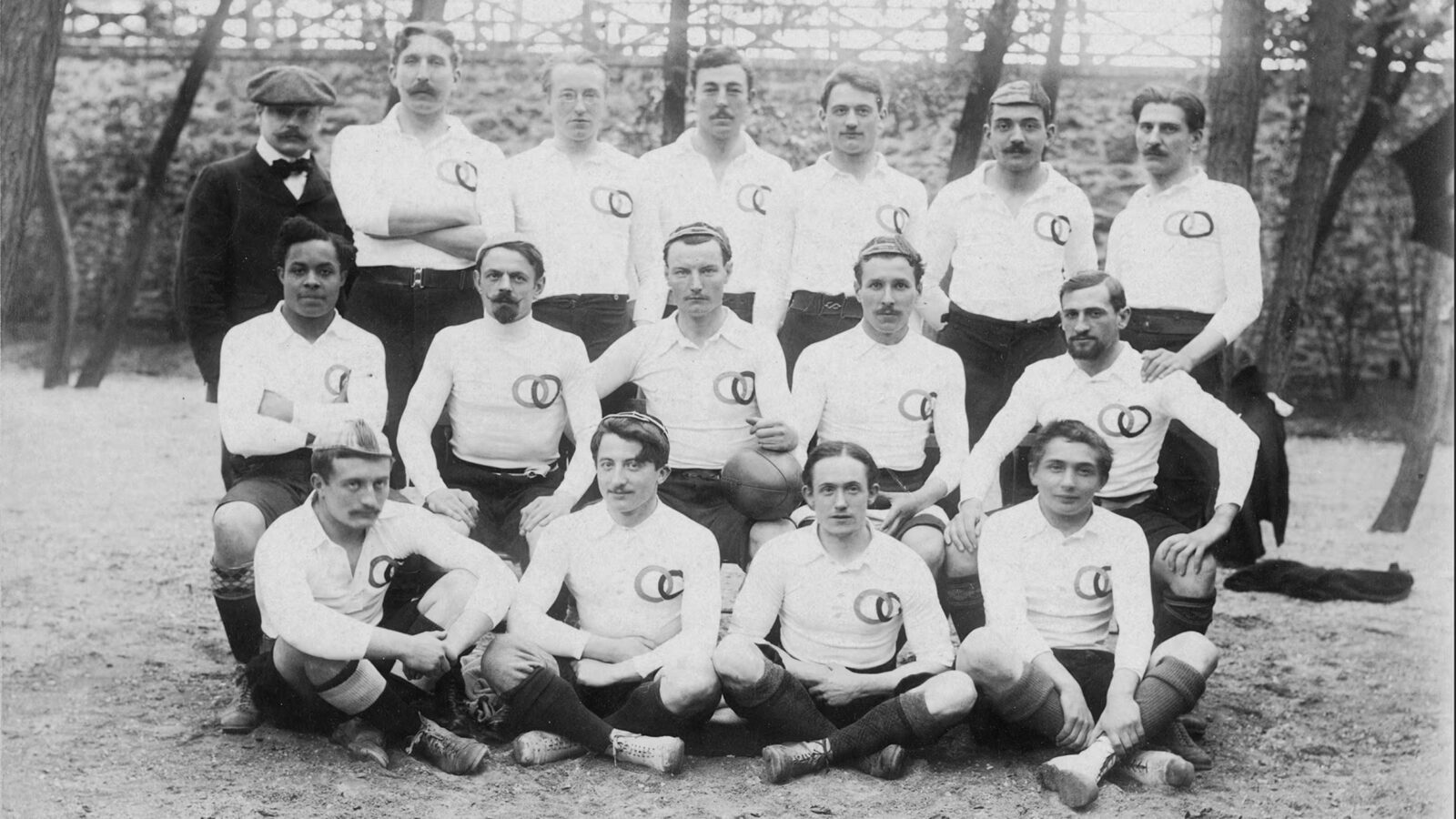
Notable anecdotes from Paris 1900 Olympics
Several anecdotes from the 1900 Games highlight the extent of the chaos. In one event, hurdles were made from broken telephone poles. Discus and hammer throwers found themselves launching their throws into trees or the crowd because of inadequate space.
One notable incident involved American athlete Meyer Prinstein, who was leading the long jump but was forbidden by his coach from competing in the finals because they were held on a Sunday.
His rival, Alvin Kraenzlein, took the opportunity to surpass Prinstein’s best effort and secure the gold, leading to an altercation between the two athletes.
Another unusual event was the obstacle swimming race, where participants had to swim under and over rows of boats. The gold medal was won by Australian swimmer Frederick Lane, who excelled despite the odd format. The live pigeon shooting event, where competitors shot at live birds, resulted in a gruesome spectacle that was never repeated in future Games.
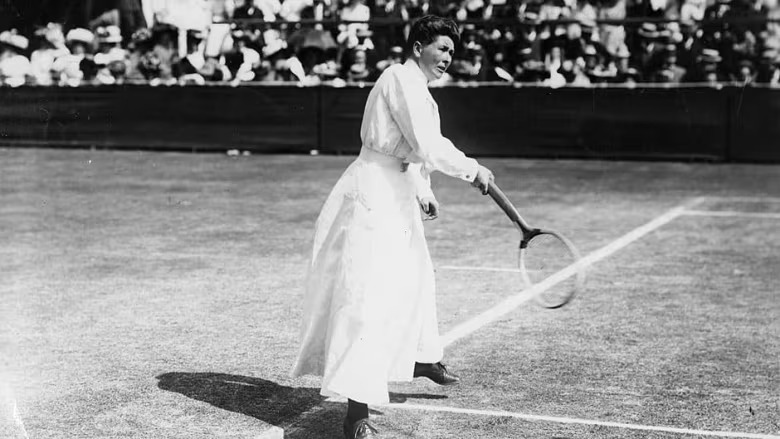
Athletes unaware of their Olympic status after Paris 1900 games
A remarkable aspect of the 1900 Paris Olympics was the sheer number of athletes who did not realize they were competing in the Olympics. This confusion was partly because of the lack of clear branding and the integration with the World’s Fair.
Many competitors believed they were participating in regular athletic tournaments. For example, Australian shooter Donald Mackintosh competed in live pigeon shooting as part of the World’s Fair, unaware it was considered an Olympic event.
He won the event but did not realize he had become an Olympic champion until years later.
Similarly, many athletes did not receive medals, as the tradition of awarding medals had not yet been firmly established. Instead, winners were given cups, trophies and even statues.
Swimmer Frederick Lane, who won two events, took home statues instead of medals. This lack of standardization added to the confusion and undermined the athletes’ sense of achievement.
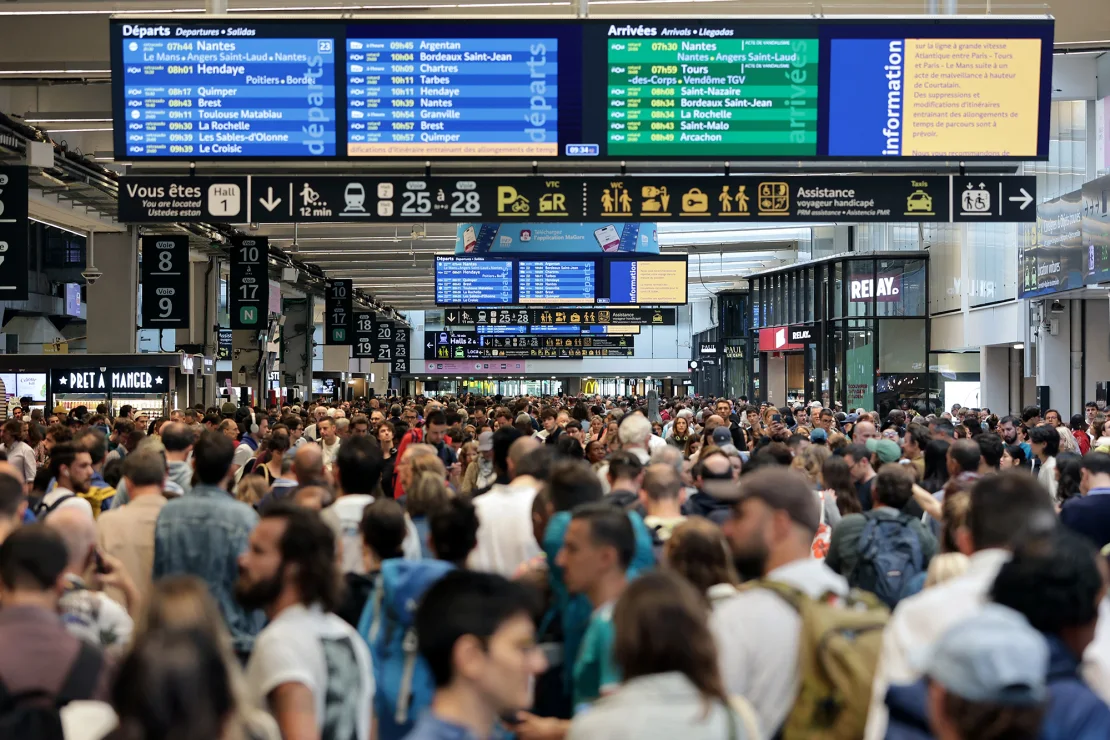
Paris 2024: new games, old problems
Fast forward to 2024, and Paris is once again in the Olympic spotlight. With more than a century of advancements in event management and technology, expectations were high for a smooth and spectacular Games.
However, despite these advancements, the 2024 Paris Olympics have faced a series of controversies and challenges that echo the problems of 1900.
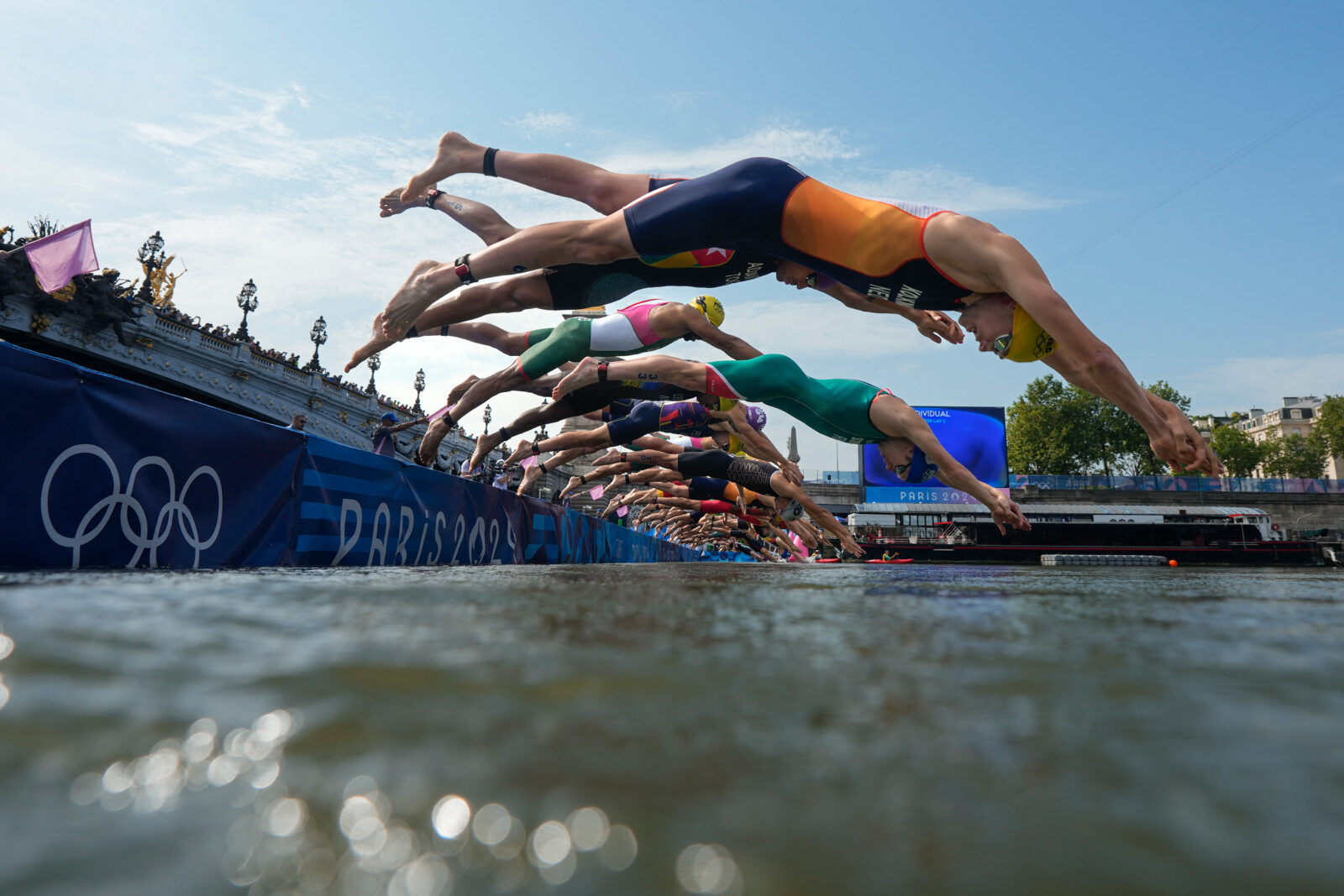
The Seine river issue in Paris 2024
One of the most significant issues has been the pollution of the Seine River, which was slated to host swimming events. Despite a massive investment of over 1.4 billion euros to clean the river, heavy rains have consistently washed pollutants into the Seine, raising serious concerns about water quality.
Just before the Games, tests revealed high levels of E. coli bacteria, leading to the postponement of the men’s triathlon. This echoes the problems of 1900, where swimming in the Seine posed significant health risks to athletes.
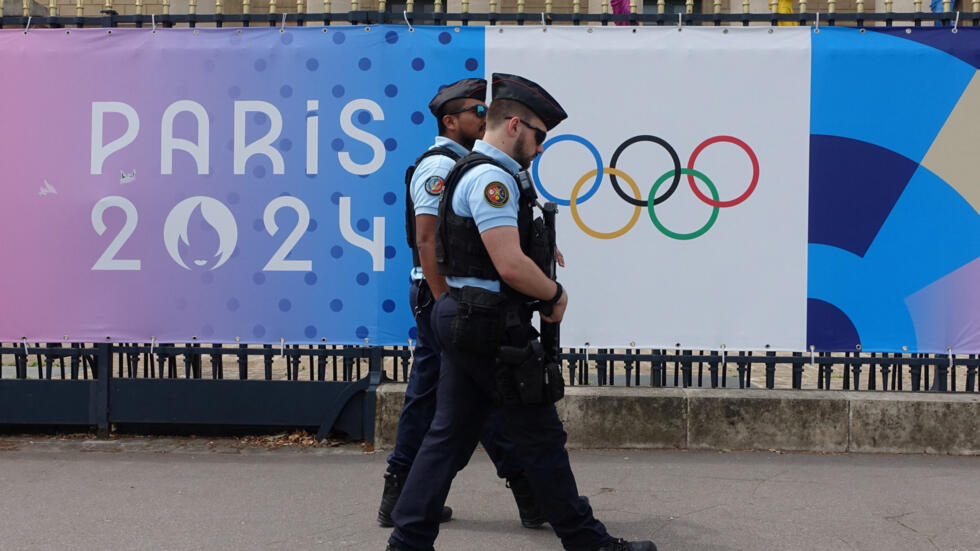
Security, logistical issues during 2024 Olympics
Security and logistical problems have also marred the 2024 Games. Arson attacks on the high-speed rail network disrupted travel, affecting around 800,000 passengers, including athletes.
A significant power outage added to the chaos, raising concerns about the city’s preparedness to handle such a large-scale event. Prime Minister Gabriel Attal described the arson attacks as “premeditated” and “calculated,” highlighting the severity of the security threats.
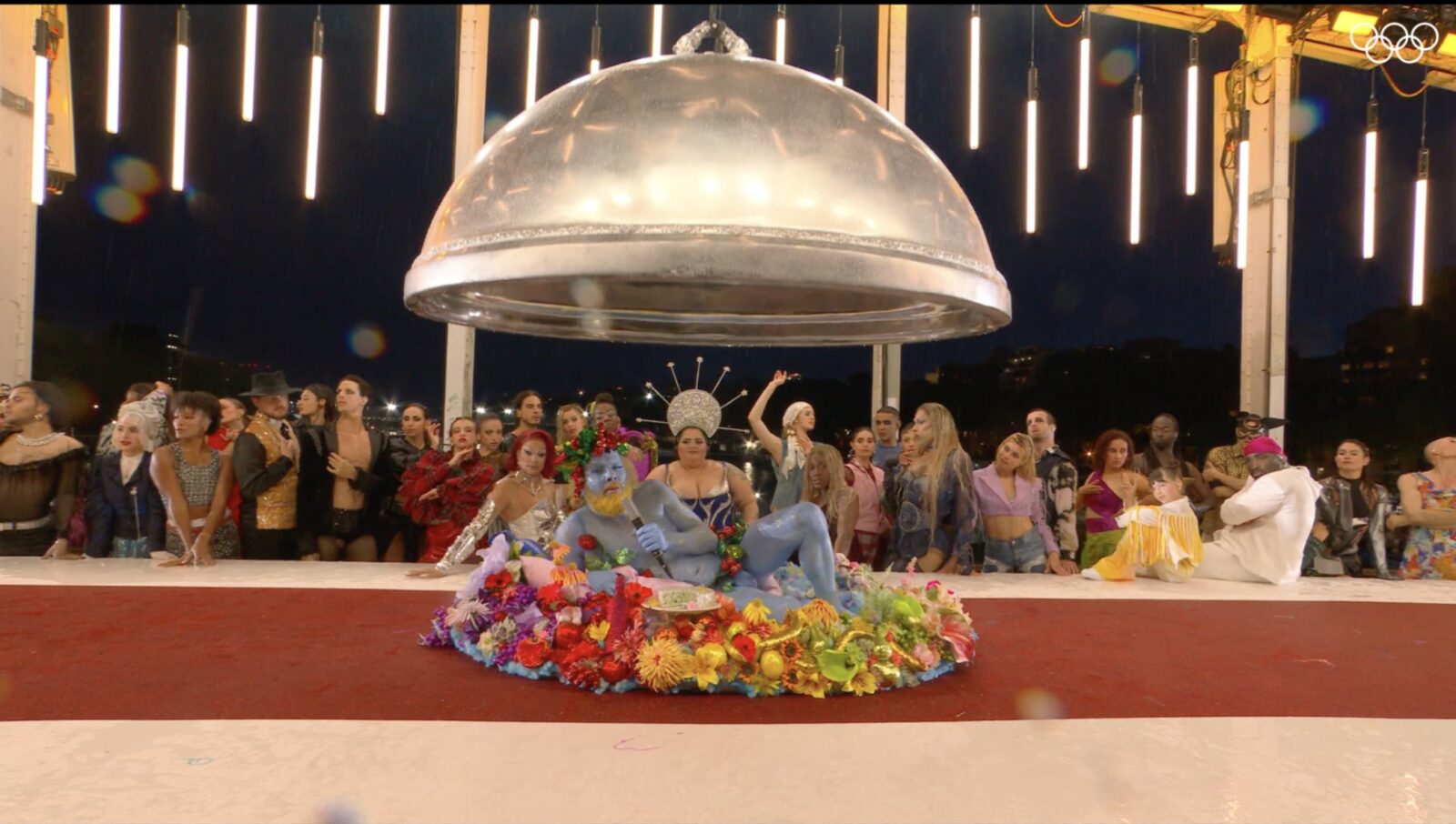
Paris 2024’s opening ceremony controversy
The opening ceremony of the 2024 Paris Olympics sparked a cultural backlash, particularly from religious communities. A segment of the ceremony depicted Leonardo da Vinci’s “Last Supper” featuring drag queens, which many viewed as blasphemous.
The French Catholic Church’s conference of bishops condemned the performance as a “mockery of Christianity,” while far-right politicians criticized it as a product of a “leftist minority.”
This cultural clash reflects broader societal tensions and underscores the challenges of staging an inclusive and universally accepted event.
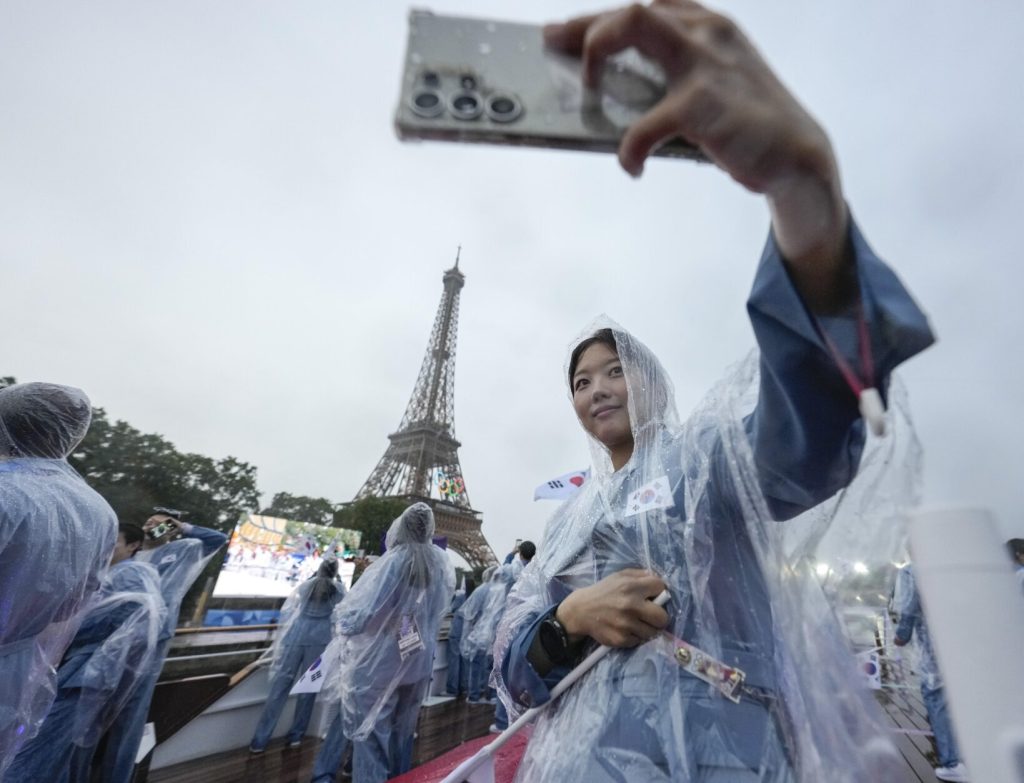
Unacceptable administrative blunders, Korean mix-up in Olympics 2024
A significant administrative blunder occurred during the opening ceremony when South Korean athletes were mistakenly introduced as North Koreans.
This error led to diplomatic protests from South Korea, which demanded an apology and a meeting with International Olympic Committee (IOC) President Thomas Bach.
The IOC issued an apology, but the incident highlighted the organizational challenges of the Games.
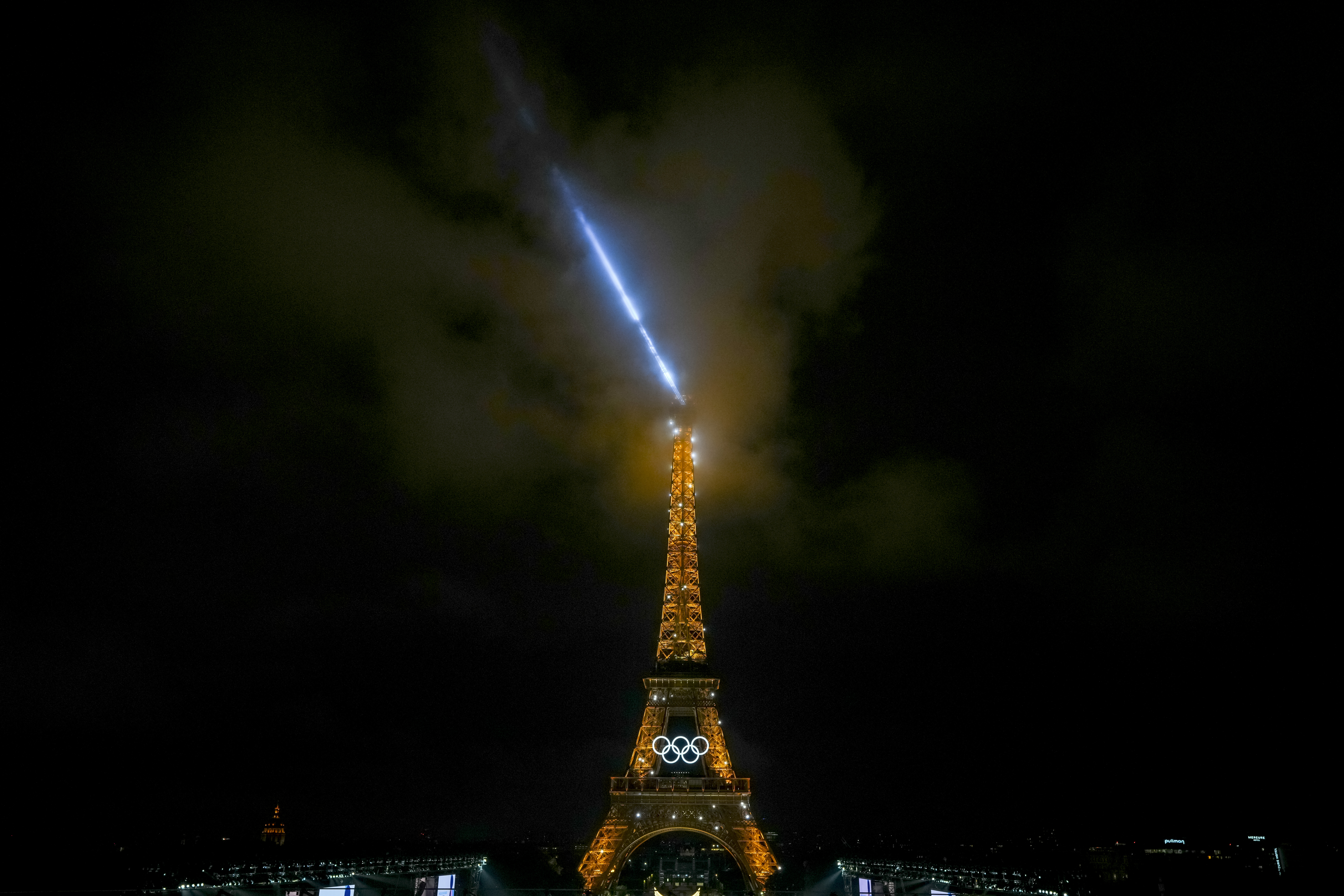
Can Paris 2024 fiascos be seen as France’s history repeating itself?
Both the 1900 and 2024 Paris Olympics have faced significant organizational challenges. The 1900 Games were marred by poor planning and execution, leading to widespread confusion among athletes and spectators.
The 2024 Games, despite technological advancements, have been plagued by environmental issues, security threats, and cultural clashes. These problems highlight the ongoing difficulties of hosting a large-scale international event.
The 1900 Games’ failures largely stemmed from a lack of experience and understanding of how to manage a global sporting event.
The organizers underestimated the complexity of hosting such an event, resulting in chaotic conditions.
In contrast, the 2024 Games have faced challenges related to external factors such as climate and security threats.
The modern complexities of event management, environmental sustainability, and cultural sensitivity have created new hurdles for the organizers.
Despite the setbacks, the Olympic spirit endures. Pierre de Coubertin’s vision for the modern Olympics was one of global unity and excellence in sports.
While the 1900 Paris Olympics nearly derailed this vision, the movement survived and grew stronger.



